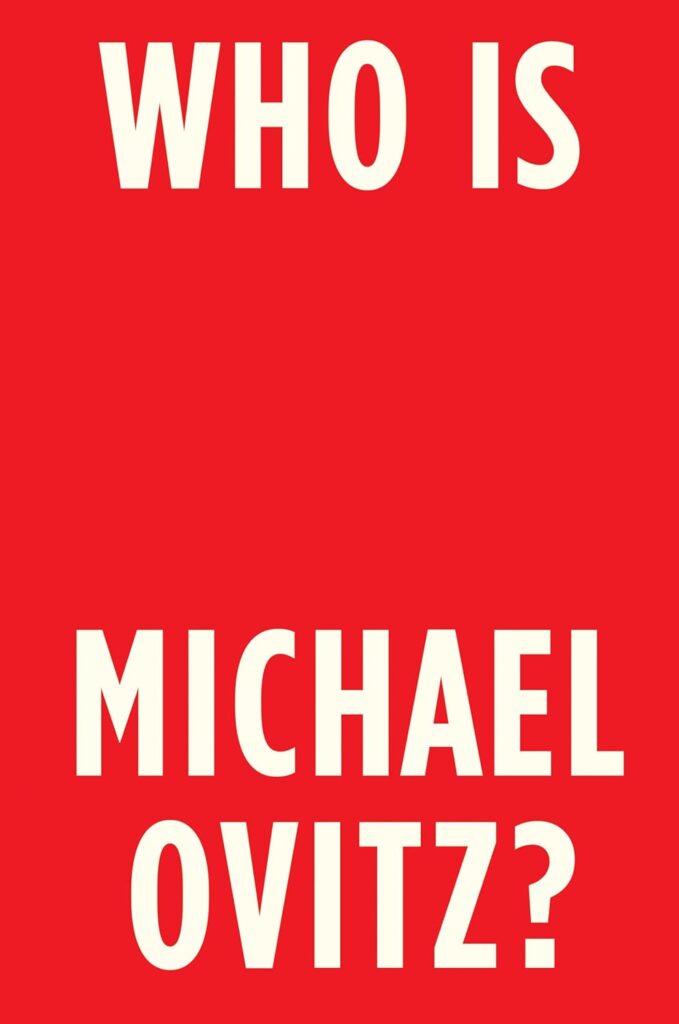My Take
Michael Ovitz is a legendary talent agent and founder of Creative Artists Agency (CAA). In this revealing autobiography, Ovitz pulls back the curtain on Hollywood and describes his journey from studio lot tour guide to media mogul. At times the book felt like a gossip tabloid or brag piece, but I found it interesting to see a sneak peak of how agencies function and how the best of the business approach work. Ovitz was a genius in projecting an image and using that power to bend studios and executives to his will. I found it endearing how Ovitz was also so upfront about his failures and misgivings. While his work ethic and social skills are something to admire, he explains how the long hours and hyperfixation on competition took a toll on his wellbeing and relationships. Overall, this book is worth a read for the tinsel town tales from one of the greats.
My Favorite 10 Highlights:
- Power is only power until you exert it. It’s all perception. (Page 2)
- I sat up straight, I was sympathetic, and I focused intensely on you, always turning the conversation away from myself. As I discovered by seeing my persona reflected in the eager eyes of my clients, that focus drew them in. And the contrast between the relaxed demeanor and the humming engine underneath, which people felt subconsciously, was comforting if you were on my side of the table, and curiously alarming if you were across from me. It suggested untapped power. (Page 17)
Note: Crafting a personal image - I wasn’t as creative or cultured as they were, but I was a lot smarter and more hardworking than most of them. Insecurity and ambition make a powerful cocktail. (Page 39)
Note: Ovitz competitive edge - I noticed that projects grew out of ideas and that ideas came from writers. I had a special respect for the people who created new worlds from thin air. (Page 55)
Note: Everything hinges on writers - I was beginning to believe that I could converse with those guys, because when we launched CAA, I had started a private project (one that took me ten years) of watching every film that had won one of the five big-category Oscars. I discovered why Gone with the Wind had passed the test of time and How Green Was My Valley hadn’t; I learned the relationship between vision and craft. At the same time, I was boning up on the deal structure of movies and on which actors and directors had currency. Film had its own language, and I needed to be bilingual.
But to get to the directors, there was a further step: we needed writers and their material. (Page 84)
Note: Win the respect of creatives
- In 1979, when I was thirty-three, Ted Ashley at Warner Bros. took me aside and said, “I’m going to give you some great advice.” He grinned ruefully. “And, knowing you, you’re not going to take it But here it is: I could have worked ten percent less, and it wouldn’t have lot happier.” (Page 98)
Note: Don’t work to the point that it significantly compromises happiness - In the early eighties, I’d begun collecting relationships. For instance, I reached out to Felix Rohatyn, the Lazard Frères banker who had almost single-handedly rescued New York City from bankruptcy in the seventies, and who was on the board of MCA and had Lew Wasserman’s ear. I called and asked to see him, saying, “I need no more than ten minutes of your time.” On my next trip to New York, I went to his office, shook hands, and placed my watch on his desk. Then I said, “I’d love to talk to you about how you saved New York, and also how you advise Lew—to learn from the Dean. And I’d love to be helpful to you in L.A. in any way I can.” All to get him talking and to show that I knew what he’d done and that I admired it and wanted to learn from it. After ten minutes, I said, “Thanks so much,” and stood to pick up my watch. Felix—and everyone else I used this strategem on—asked me to sit back down. (Page 133)
Note: Brilliant power move. Networking advice - It wasn’t easy to find someone who could read a script as shrewdly as a spreadsheet: there were only a handful besides Eisner, including David Geffen, Barry Diller, Terry Semel, Bob Daly, and Frank Price. (Page 172)
Note: Dual-threat execs - If you want to be happy, forget yourself. Forget all of it—how you look, how you feel, how your career is going. Just drop the whole subject of you…. People dedicated to something other than themselves—helping family and friends, or a political cause, or others less fortunate than they are the happiest people in the world. (Page 222)
Note: Michael Crichton advice in an essay - In my empty fortress, I realized that I wasn’t out of the Valley yet. I’m free of it in my daily life, and in my bank account, but I’ll never be free of it in my brain. You carry your origins with you. Still, those origins drove me here, and built this place, and attracted so many bright, funny, creative colleagues. In the silence, I discovered that the only thing I really miss about the agency business was the camaraderie: my comrades and friends and the passionate way we spent our lives together.
I miss the people. (Page 356)

